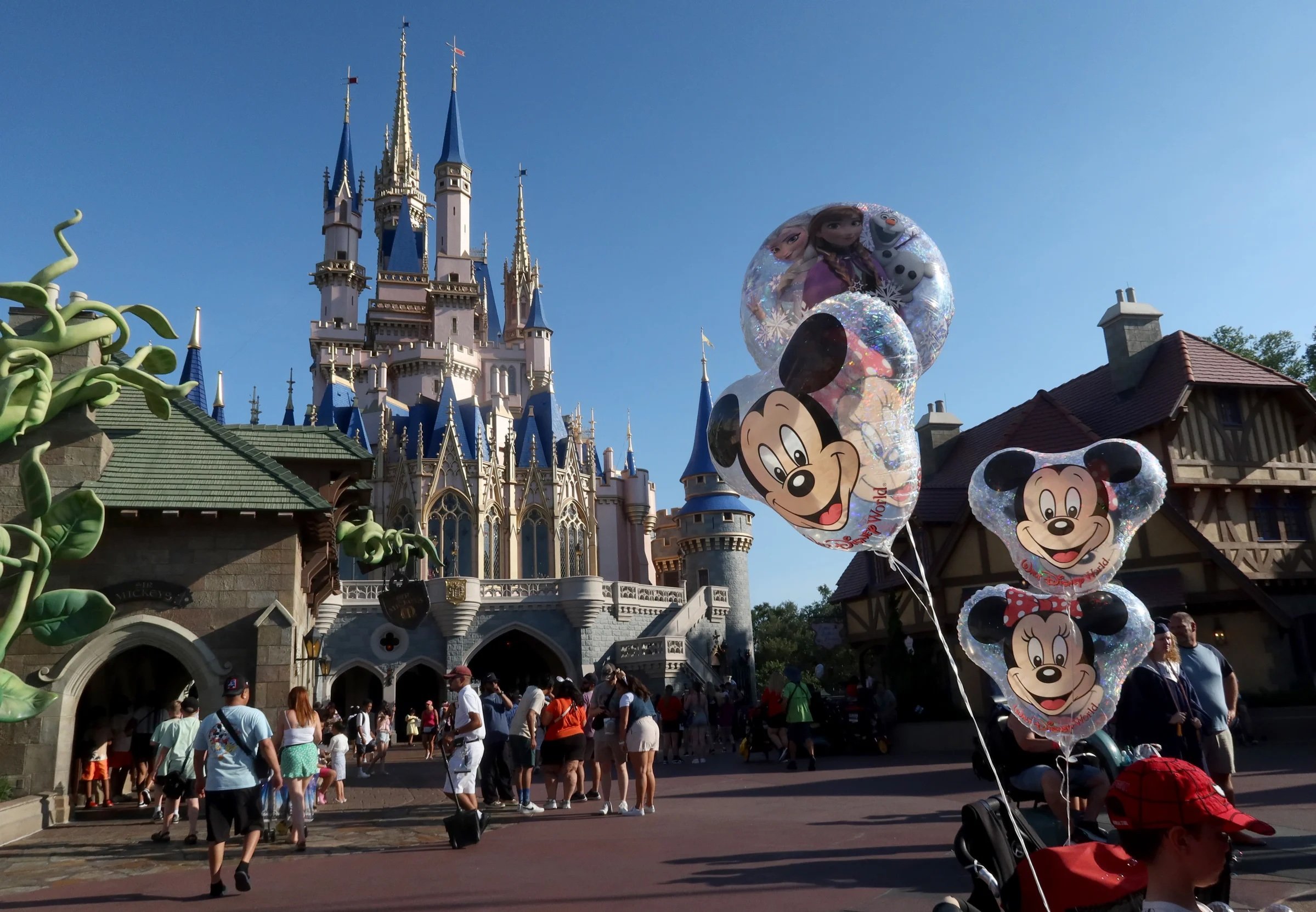A view of Walt Disney World in Orlando, Fla
As we celebrate Disability Pride Month, a time to honor the achievements of the disability community, we must also address the setbacks that threaten our progress. The Walt Disney Company's recent changes to its Disability Access Service policy serve as a poignant reminder of how easily strides toward inclusion can be undermined.
Growing up in California, Walt Disney Parks & Resorts were more than just a destination; they were a magical escape from the daily challenges of navigating a world not designed with us in mind. As a wheelchair user and someone living with chronic pain, trips to Disney offered a rare respite where the focus was on fun, not on proving my worth or fighting for basic accommodations. However, Disney’s latest policy changes have turned this escape into yet another battleground for disability rights.
On May 20, Disney instituted a more restrictive policy on who qualifies for its DAS program. Previously, those who "have difficulty tolerating extended waits in a conventional queue environment due to a disability" were eligible. Now, only individuals with "developmental disabilities such as autism or a similar disorder" can request a return time. This change has left many in the disability community, including those with invisible disabilities, excluded and disheartened. This exclusion not only diminishes the magic of Disney but also underscores a larger issue: the gatekeeping of what counts as a disability.
Disney's decision to narrow the criteria for DAS passes is a step backward in disability inclusion. By focusing only on visible or specific types of disabilities, Disney is disregarding the diverse and often invisible challenges that many of us face daily. This policy shift exemplifies a troubling trend where organizations prioritize convenience over comprehensive inclusion, making decisions without consulting key stakeholders from the disability community.
Moreover, too many believe they have unfettered access to our medical histories, forgetting that disclosure of disability is a personal choice. Often, discussions of disability can be triggering and traumatic. The exhaustion and raw exposure of needing to "prove" our disability can become overwhelming. That lack of empathy is dehumanizing.
Historically, Disney has been recognized for its disability inclusion efforts. A spokesperson from Disney told Yahoo News, “Disney is dedicated to providing a great experience for all guests, including those with disabilities.” However, the recent policy change contradicts this commitment, revealing a lack of understanding and empathy toward the diverse needs of the disability community.
As we celebrate Disability Pride Month, let’s remind organizations like Disney that true magic lies in creating spaces where everyone can feel welcome and valued.
Disney's new theme park disability policy sparks anger

